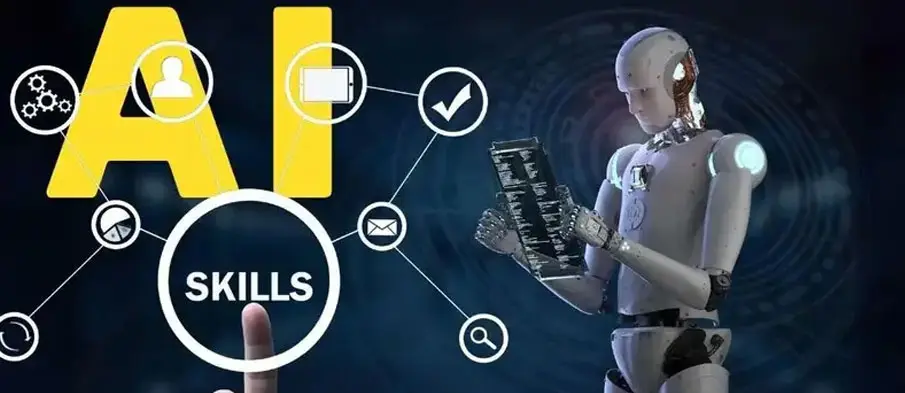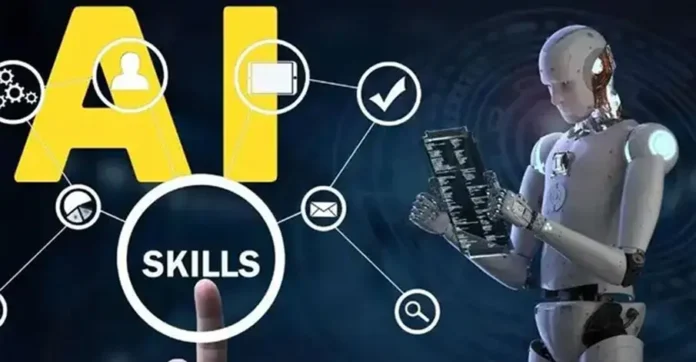
India is on the brink of one of the most significant workforce transformations globally, with agentic AI projected to reshape over 10.35 million jobs by 2030, according to the ServiceNow AI Skills Research 2025, conducted in collaboration with Pearson. The report positions India ahead of markets like Singapore and Australia in terms of AI adoption and workforce readiness, signaling a major turning point in the country’s digital transformation journey.
“India’s AI journey is at a defining moment with agentic AI reshaping the workforce and creating over 3 million new tech jobs by 2030,” said Sumeet Mathur, SVP and MD, ServiceNow India Technology and Business Centre. The study highlights how leading Indian businesses, described as “AI Pacesetters,” are evolving from fragmented pilot projects to implementing cohesive, enterprise-wide AI strategies. These forward-looking firms are redesigning workflows and reporting productivity gains of up to 63%.
Agentic AI is expected to disrupt key sectors such as manufacturing (8 million jobs impacted), retail (7.6 million), and education (2.5 million). While traditional roles like payroll clerks are gradually being phased out, new positions in emerging AI-driven functions are gaining traction. The report identifies rising demand for roles like AI Configurators (66% hiring rate), Data Scientists (65%), and Experience Designers (57%), underlining India’s focus on building a future-ready, digitally skilled workforce.
However, this transformation comes with its own set of challenges. Data security concerns top the list, with 30% of businesses highlighting it as a major barrier to AI adoption. Additionally, there’s widespread uncertainty about the specific skill sets employees need to stay relevant in an AI-centric workplace.
The report emphasizes the urgent need for businesses to adopt trust-centric, responsible AI frameworks and invest in deeper reskilling initiatives. Companies must empower employees not just to use AI, but to critically engage with it—questioning outcomes, understanding algorithms, and ensuring ethical implementation.
As India accelerates its shift toward agentic AI, the success of this transition will hinge on balancing technological advancement with responsible deployment and inclusive skill-building.





